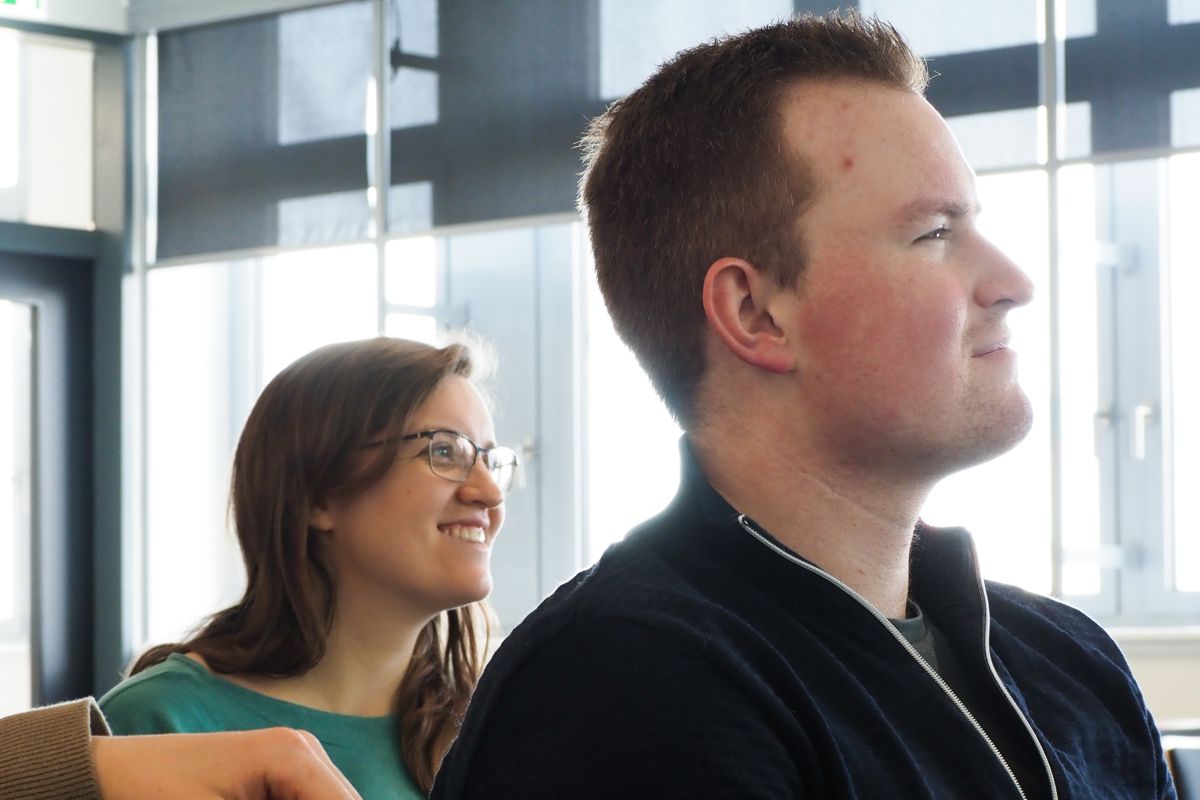Professors
External Lecturers
Office Assistance
System Administration
Internal PhD Students
External PhD Students
Students
Alumni
Company Founders
DSS Cups
Research Topics
Real-time Framework
Publications
Lectures
Labs
Seminars
Student Projects
Theses
Evaluations
Exam and Lab Booking
RED
Talks
Conferences and Workshops
Science Outreach
Science Slam
Ger. Acad. Scholarship Foundation

 Visit of the Hans Böckler Foundation
Visit of the Hans Böckler Foundation